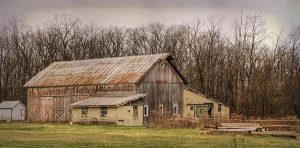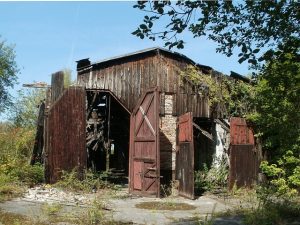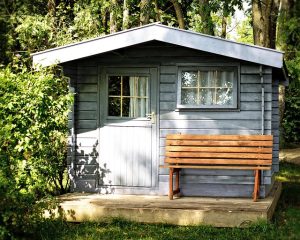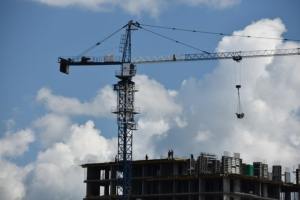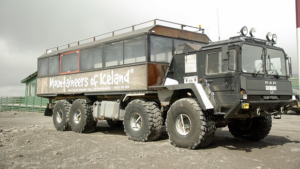Optimizing Drainage in Albury Wodonga’s Industrial Sheds: A Guide for Manufacturers and Builders
In Albury Wodonga, the design and construction of custom industrial sheds demand a tailored approach to water management that accounts for the region's specific topography, drainage requirements, and climate. Industrial shed manufactures i…….
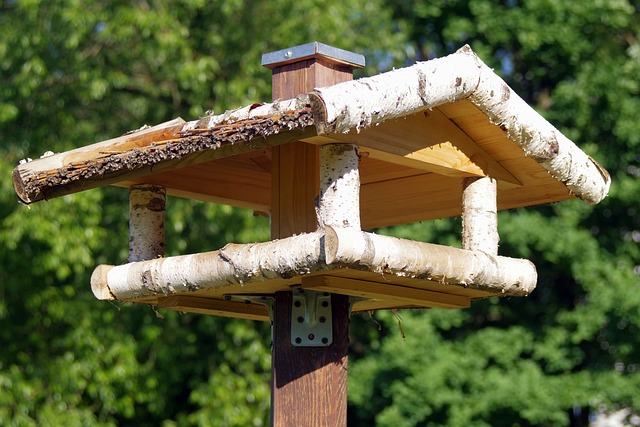
In Albury Wodonga, the design and construction of custom industrial sheds demand a tailored approach to water management that accounts for the region's specific topography, drainage requirements, and climate. Industrial shed manufactures in the area are adept at integrating site-specific drainage solutions into their designs, utilizing high-quality, corrosion-resistant materials to ensure long-term functionality of the water management systems. These systems often include advanced technologies like permeable pavements, French drains, and catch basins to maximize effectiveness. Collaboration with clients to understand operational needs allows for customization of these systems to handle expected water volumes, ensuring industrial activities remain uninterrupted even during adverse weather. The region's industrial shed manufactures and builders prioritize both safety and regulatory compliance, with a focus on preventing water-related incidents and maintaining environmental considerations. This comprehensive approach underscores the importance of Albury Wodonga's custom industrial sheds in providing robust, compliant, and adaptable infrastructure for businesses.
When it comes to safeguarding industrial operations from the elements, efficient drainage systems are indispensable, particularly in regions like Albury Wodonga where weather patterns can be unpredictable. This article delves into the critical aspects of installing robust drainage solutions within custom industrial sheds, a specialty of leading industrial shed manufactures in Albury Wodonga. We’ll explore best practices for design, the importance of compliance and safety, key considerations for material selection, and how these choices contribute to the longevity and effectiveness of your industrial shed’s drainage system. Whether you’re an industrial shed builder in Albury Wodonga or an operator looking to enhance your facility, this guide offers valuable insights to ensure your investment remains protected against water-related damage.
- Best Practices for Designing Efficient Drainage Systems in Custom Industrial Sheds by Industrial Shed Manufacturers in Albury Wodonga
- The Role of Effective Drainage in Maintaining Safety and Compliance in Industrial Sheds, Albury Wodonga
- Key Considerations for Installing Advanced Drainage Solutions in Industrial Sheds Built by Expert Builders in Albury Wodonga
- Ensuring Durability and Performance: Material and Design Choices for Optimal Drainage Systems in Industrial Sheds Across Albury Wodonga
Best Practices for Designing Efficient Drainage Systems in Custom Industrial Sheds by Industrial Shed Manufacturers in Albury Wodonga
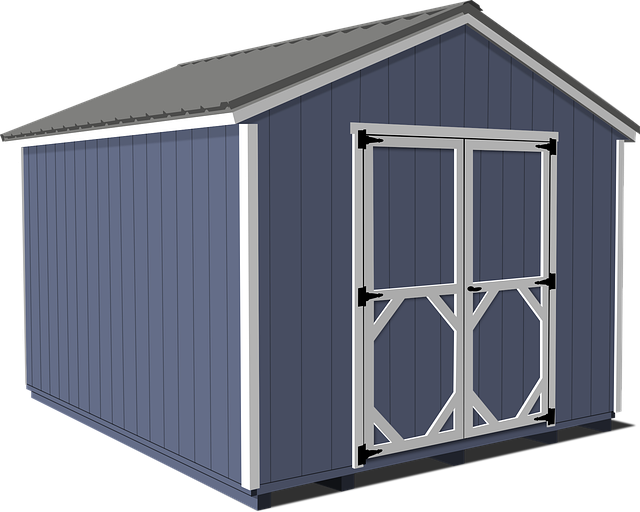
When constructing efficient drainage systems within custom industrial sheds, it is imperative to consider the unique needs and topography of the Albury Wodonga region. Industrial shed manufactures in Albury Wodonga must prioritize designing systems that address water accumulation and runoff effectively. A key best practice involves assessing the site’s natural drainage patterns and incorporating slopes within the custom industrial sheds’ design to facilitate water flow towards designated drain outlets. This approach ensures that water is redirected away from critical areas, minimizing the risk of flooding and water damage.
In addition to site-specific considerations, the use of high-quality materials resistant to corrosion and wear is essential for long-term performance. Industrial shed builders in Albury Wodonga should select durable drainage components that can withstand the rigors of industrial activity. Employing advanced technologies such as permeable pavements, French drains, and catch basins can further enhance water management capabilities. By collaborating closely with clients to understand their specific operational requirements, these builders can tailor the drainage systems to handle the expected volume of water efficiently, ensuring that operations within custom industrial sheds in Albury Wodonga remain uninterrupted regardless of weather conditions.
The Role of Effective Drainage in Maintaining Safety and Compliance in Industrial Sheds, Albury Wodonga
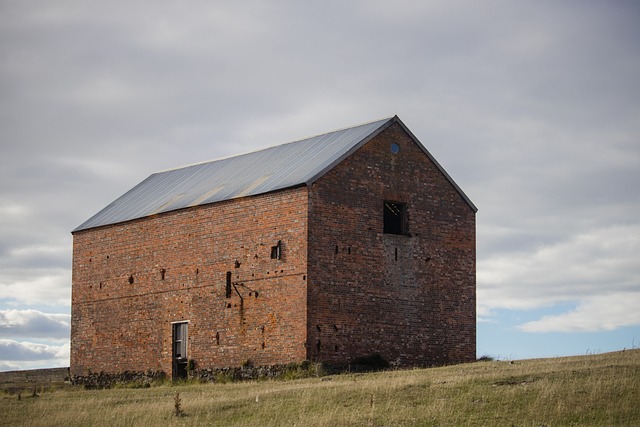
Effective drainage systems are a cornerstone in maintaining safety and compliance within industrial sheds, particularly in areas like Albury Wodonga where seasonal rainfall can be substantial. These systems play a critical role in channeling excess water away from critical areas, preventing pooling that could lead to slips, trips, and falls, which are significant safety concerns in an industrial environment. Moreover, a well-designed drainage system is integral to the ongoing maintenance and longevity of both the structure and its contents, ensuring that operations can continue without interruption from water damage.
In Albury Wodonga, where custom industrial sheds are a common requirement due to the diverse needs of local businesses, the installation of efficient drainage is not just a best practice but a necessity. Industrial shed manufactures in this region understand the importance of integrating drainage solutions that comply with environmental and safety regulations. Working closely with industrial shed builders Albury Wodonga, these manufacturers design sheds with bespoke drainage systems tailored to the specific needs of each client, ensuring optimal performance and adherence to compliance standards. The collaboration between shed designers, engineers, and local regulatory bodies ensures that each installation not only meets current regulations but also anticipates future changes, providing a resilient solution for businesses in Albury Wodonga.
Key Considerations for Installing Advanced Drainage Solutions in Industrial Sheds Built by Expert Builders in Albury Wodonga
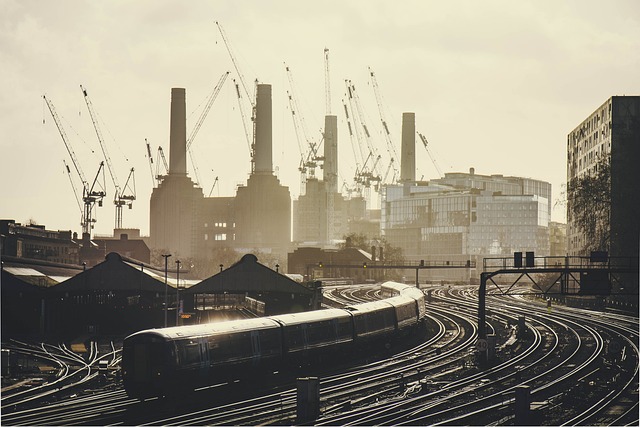
When embarking on the construction or retrofitting of industrial sheds in the Albury Wodonga region, integrating efficient drainage solutions is paramount for maintaining operational efficiency and ensuring safety against weather-related disruptions. Expert builders in this area must consider several factors to guarantee that the custom industrial sheds meet the specific needs of their clients. These key considerations include the topography of the site, the type of activities conducted within the shed, local climate patterns, and the potential for extreme weather events. The industrial shed manufacture Albury Wodonga specialists should assess the natural slope of the land to design a drainage system that channels water away from critical areas. This minimizes the risk of flooding or water accumulation, which can be detrimental to both the structure and the machinery housed within.
Furthermore, the choice between impermeable surfaces or permeable materials for the flooring is a significant decision that impacts the overall efficiency of the drainage system. Porous surfaces, for instance, can be advantageous in managing runoff and reducing water flow onto the shed’s interior. In Albury Wodonga, where weather can be unpredictable, a robust and adaptive drainage system is crucial for the longevity and functionality of custom industrial sheds. Local builders with expertise in industrial shed manufacture Albury Wodonga are best equipped to navigate these complexities and deliver solutions that cater to the unique demands of each project. Their deep understanding of the local environment and their commitment to excellence ensure that the drainage systems they install are not only effective but also sustainable and cost-effective over time.
Ensuring Durability and Performance: Material and Design Choices for Optimal Drainage Systems in Industrial Sheds Across Albury Wodonga
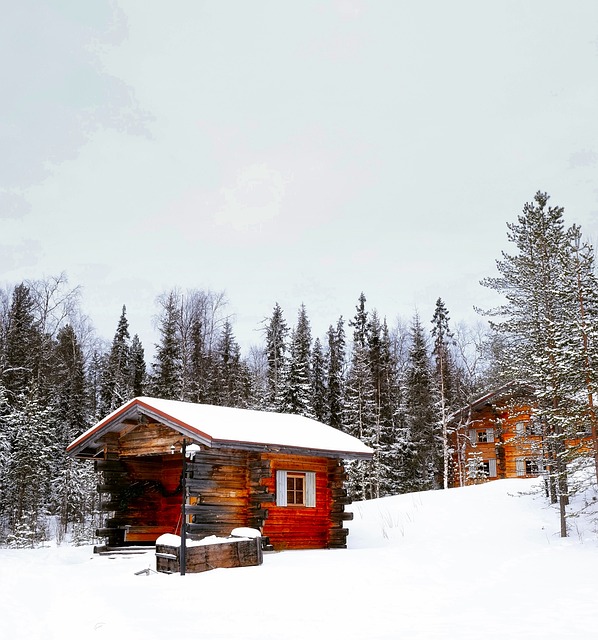
When installing efficient drainage systems in industrial sheds across Albury Wodonga, durability and performance are paramount to ensure uninterrupted operations and protection against environmental hazards. The choice of materials for the drainage infrastructure must align with the rigorous demands of an industrial environment. Working with a reputable industrial shed manufacture in Albury Wodonga can provide tailored solutions that stand up to the test of time and usage. These manufacturers often specialize in custom industrial sheds, ensuring that each design is optimized for the specific needs of the site, including slope and soil composition. Utilizing high-grade materials like galvanized steel, durable plastics, and robust concrete channels, these systems are engineered to handle heavy traffic and storage demands without compromising on water flow or longevity.
The design phase is crucial in achieving an optimal drainage system. It involves meticulous planning by experienced industrial shed builders in Albury Wodonga who understand the local climate patterns, soil types, and potential for water accumulation. The design should account for proper grading to facilitate natural water flow away from the structure, along with strategically placed downspouts and gutters to manage rainwater effectively. Additionally, incorporating permeable paving where appropriate can enhance water absorption and reduce runoff, further safeguarding the integrity of the industrial shed. These design considerations ensure that the drainage system is not only effective in managing water but also adaptable to future modifications or expansions of the facility.
In conclusion, installing efficient drainage systems in industrial sheds is a multifaceted endeavor that requires careful planning and the right expertise. By adhering to best practices for design, understanding the critical role of drainage in safety and compliance, and making informed choices in materials and design, businesses in Albury Wodonga can ensure their custom industrial sheds provide durable and high-performing drainage solutions. Collaborating with reputable industrial shed manufacturers and builders in the region who specialize in such installations is key to achieving optimal outcomes. With a focus on these essential aspects, industries in Albury Wodonga can safeguard their operations against environmental hazards while maintaining regulatory standards. The guidance provided in this article serves as a roadmap for enhancing the drainage efficiency of industrial sheds and underscores the importance of integrating sustainable practices into the very fabric of these essential structures.
